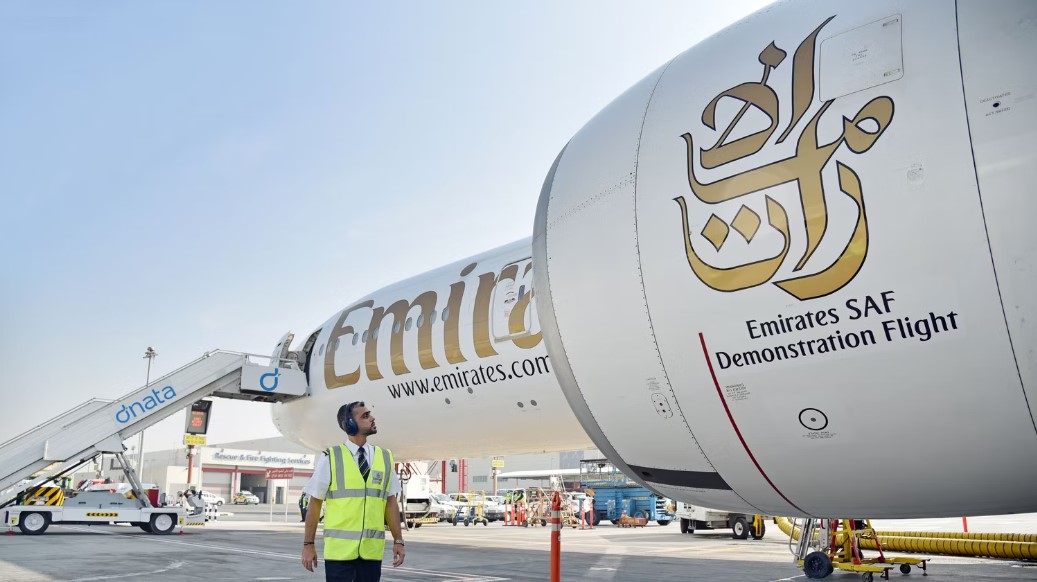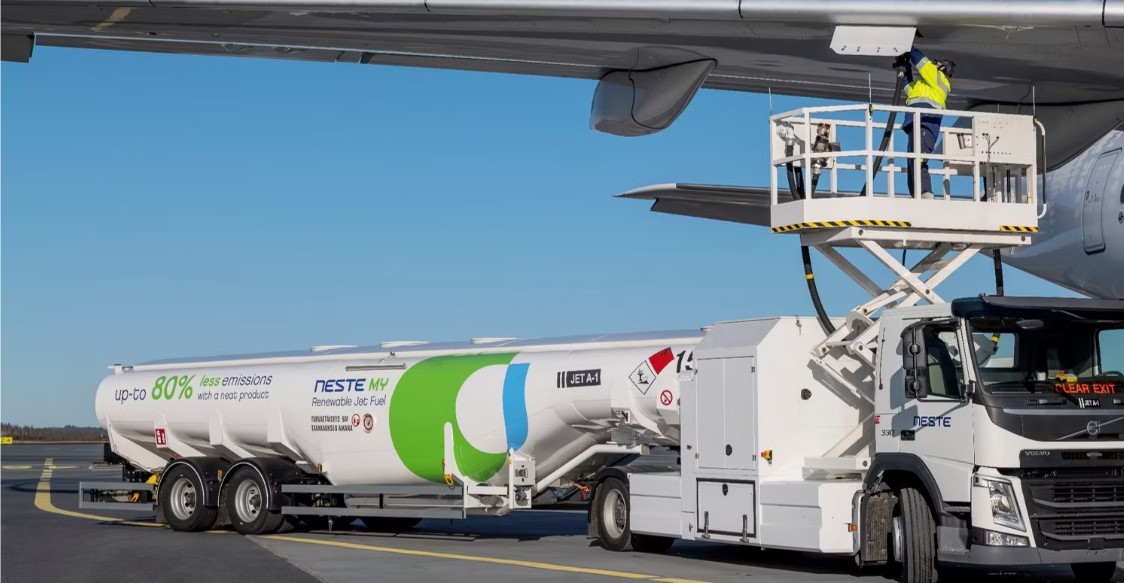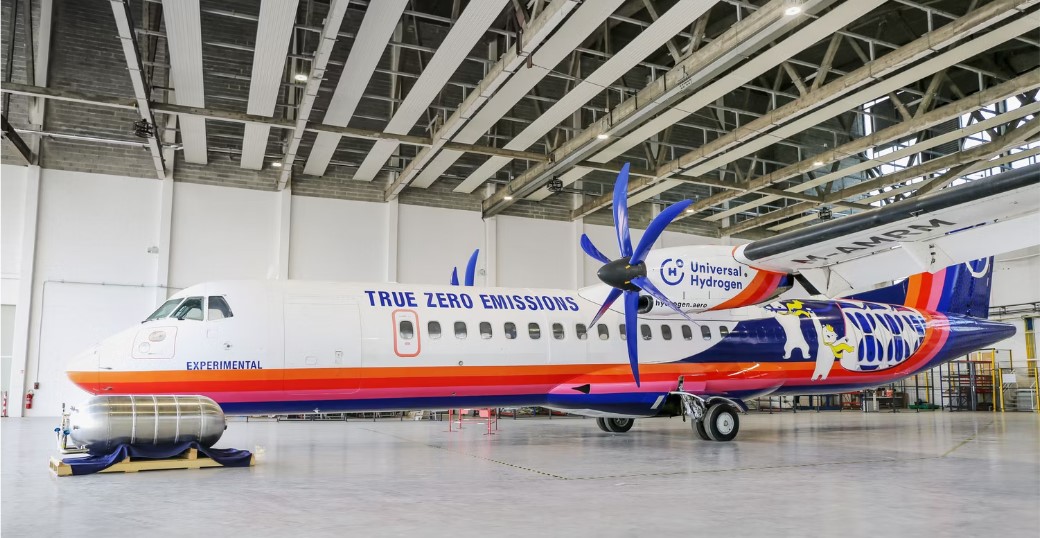With the global aviation industry committed to achieving net-zero carbon emissions by 2050, the International Air Transport Association (IATA) has released an update on the progress toward this ambitious goal.
The latest update from IATA, covering developments in January and February, predominantly focuses on sustainable aviation fuel (SAF). While airlines worldwide are increasingly signing agreements to purchase SAF, the availability of commercial quantities at affordable prices remains a challenge.

In Asia, Singapore is actively collaborating to commercialize SAF, while Cathay Pacific in Hong Kong co-initiates the HK Sustainable Aviation Fuel Coalition to establish a regional SAF hub.
Meanwhile, Finnish energy company Neste has partnered with French regional airline Amelia for SAF supply, with Amelia already utilizing SAF for its flights departing Amsterdam since January 2024.
Other initiatives include Norwegian’s investment in Norsk e-Fuel and Spain’s Cepsa and Apical Group’s collaboration on a biofuels plant. Furthermore, IAG’s significant SAF purchase agreement with Twelve and Emirates joining The Solent Cluster in the UK indicates a growing commitment to sustainable aviation practices.

Beyond SAF, advancements in new technologies are underway. United Airlines’ Sustainable Flight Fund, Lanza Jet’s ethanol to SAF production facility, and Azure Sustainable Fuels Corp.’s renewable fuel production facility development exemplify the industry’s dedication to innovation and sustainability.
These developments underscore the industry’s collective effort to transition towards net-zero carbon emissions by 2050, emphasizing the importance of scaling up SAF production and fostering technological advancements.

